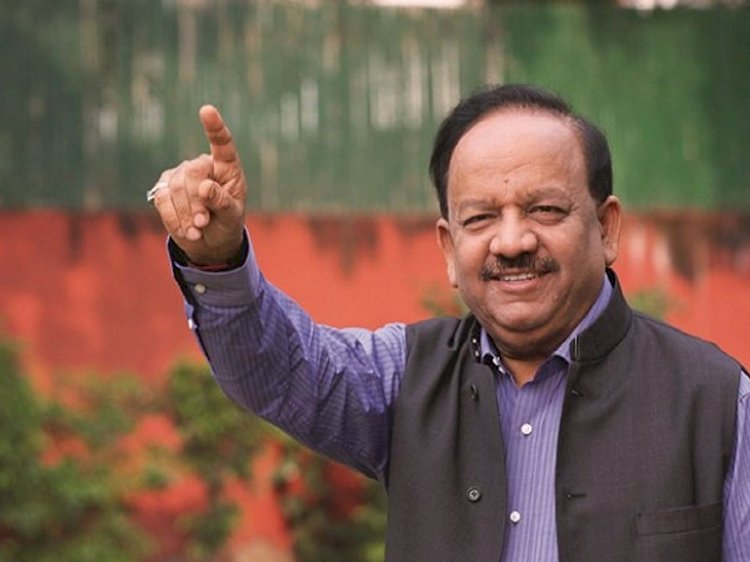Aiming for zero new transmissions to end AIDS in 10 yrs: Harsh Vardhan at UNGA
For Printing Download Epaper from files section from bottom of this page

New Delhi: If AIDS (acquired immunodeficiency syndrome) has to end in 10 years, the target should be to achieve zero new transmissions, said Harsh Vardhan, Union minister of health and family welfare, in his address at the 75th United Nations General Assembly (UNGA) high-level meeting on AIDS on Thursday. “We are fully cognisant of the fact that with only 115 months to meet the target, we need to achieve zero new transmissions of HIV if we are to deliver on the promise of ending AIDS in the next 10 years. We have a long journey ahead. We need to foresee and identify our challenges and gaps, customize our program, share knowledge, emulate best practices, and strive towards reaching the Sustainable Development Goal of ending the AIDS epidemic, which is a grave public health threat, by 2030. We are together in this fight against HIV,” he said. India’s HIV prevention model is centered around the concept of ‘Social Contracting’ through which the ‘Targeted Interventions Programme’ is implemented with support from civil society. The program is aimed at behavior change, communication, outreach, service delivery, counseling and testing, and ensuring linkages to HIV care. Under the program, India provides free anti-retroviral treatment to close to 1.4 million people. The National AIDS Control Programme has been revised, revived, and revamped to focus on hard-to-reach and at-risk populations. Indian drugs are also reaching millions of people living with HIV in Africa. “In line with the motto of the Government of India, ‘Together, for everyone’s growth, with everyone’s trust’, the National AIDS Control Programme has signed MoUs with public and private sector industries to mobilize their support for HIV prevention and treatment. India aspires to scale up HIV care to reach 100% of people living with this dreaded disease,” the health minister said. In India, the HIV & AIDS Prevention and Control Act, 2017, also provides a legal and enabling framework to safeguard the human rights of infected and affected populations.

 Active Times
Active Times 

















